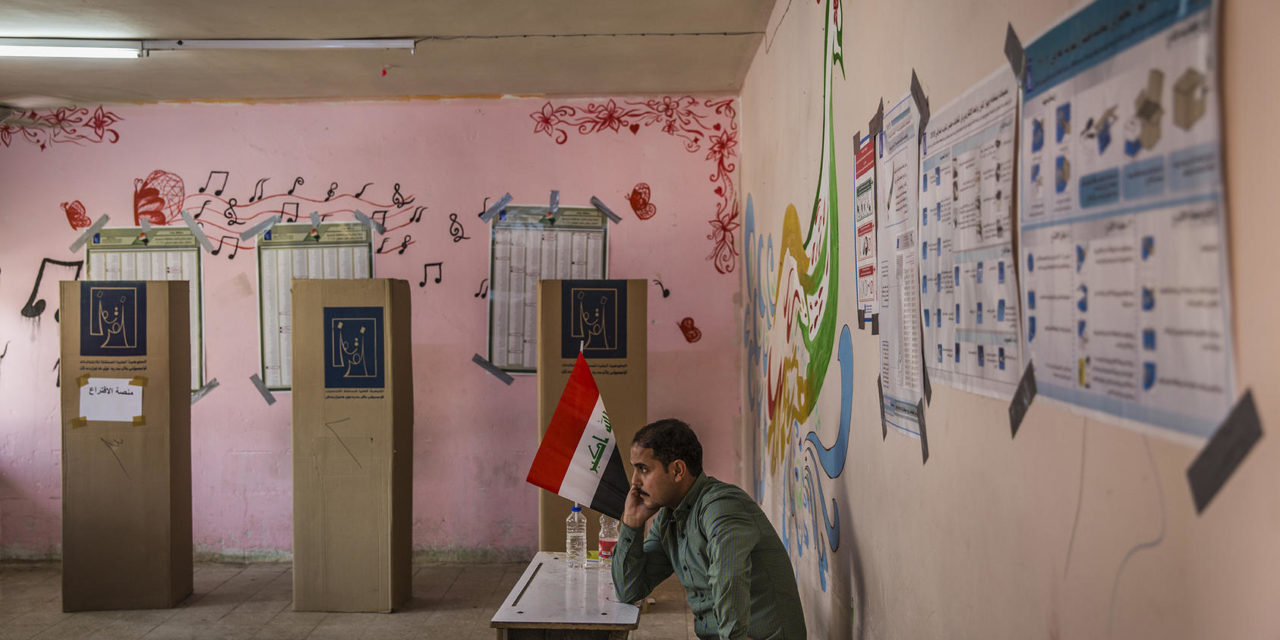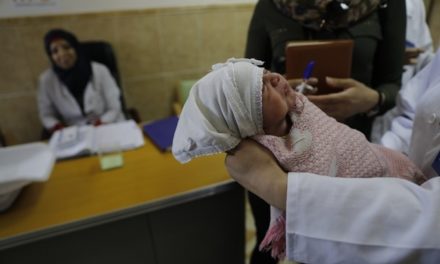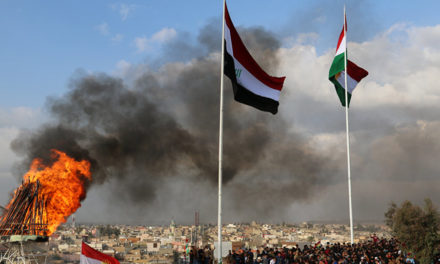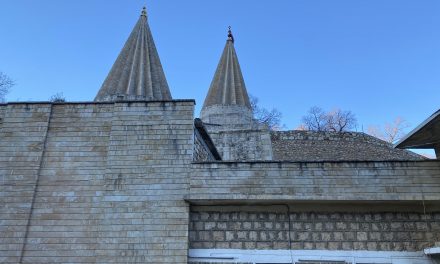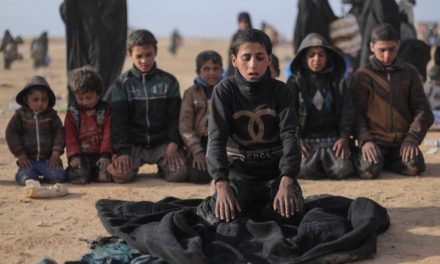(Photo: Ivor Prickett/NYT)
On October 10, over nine million Iraqis voted in the hope of electing a better government that would deliver on public services and improve livelihoods. But at least 59 percent of registered voters stayed home without hope that the system in place would respond to their demands. Many others have not even registered to vote. Many voters chose to spoil their ballots, especially in the Kurdistan Region. Altogether, one can say, about 70 percent of voting-age Iraqis rejected the elections and the political system altogether in belief that they cannot be reformed by the same elite forces that have corrupted them in the first place.
18 years ago, the U.S. invaded Iraq to oust the dictator Saddam Hussein. This was the first election in which those born after the invasion could vote. Observers of Iraqi politics often become apologists for the current mess by saying that democracy cannot be born in a matter of days, years, or even decades, buttressing their argument with justifications about the post-conflict environment, the history of dictatorship, or a latent conservatism in Iraq. However, this is insulting to Iraqis because it is not the Iraqi people who do not want democracy, it is the political elite who are working to undermine every democratic institution and value. Unfortunately, this has had a negative effect of equating democracy with disorder and corruption in the minds of many, to the extent that some express nostalgia for the days of brutal dictatorship: a tradeoff of stability and public services in exchange for some authoritarianism. In failing to bring about either democracy or prosperity, this is what the Iraqi elite has fostered.
The established Kurdish, Shia and Sunni political parties run in elections to win seats and obtain lucrative posts in the next cabinet, rather than out of a desire to address the existential challenges facing the country. They may argue that they have a programme to save Iraq, but the past has shown such claims to be empty. It is clear that none of the political parties are negotiating on the basis of what the government programme should be, beyond their own self-interest and what positions they can secure in order to consolidate power and build patronage networks that offer government contracts to companies close to their families and affiliates.
The new government is being formed at a time when Iraq faces many challenges, including but hardly limited to a 30 percent poverty rate, migration from rural areas to cities that cannot provide sufficient services, the withdrawal of U.S. forces that may contribute to instability and conflict, the persistent threat posed by Da’ish, which Iraq is unable to fully put down, and massive youth unemployment. Hundreds of thousands of displaced Iraqis have not returned to their homes and the government has failed to rebuild the liberated areas or provide enterprise and public services there. Disputes between the Kurdistan Regional Government and the federal government remain unresolved. The Turkish military has established over 30 bases in Iraqi territory, completely unopposed. The country and its people are increasingly without water, with Iraq classified as the fifth most-vulnerable state in terms of water and food shortages and extreme temperatures.
Unfortunately, it is not the underserviced and impoverished constituents that concern the political elite, even though these problems will continue to get worse over time. Despite the fact that if Iraq could no longer export its oil, the government and state would collapse. However, little has been done to think beyond that horizon. The vision of Iraq’s political elite is limited to who gets what during government formation processes. To make matters worse, government formation is built on consociationalism (muhassasa system) which endures, as political parties maintain the status quo and Iraqis will not see any benefit from global oil prices trending upwards to $100/barrel. This will feed into growing public anger that has fed into large protests across Iraq in the past decade.
Iraqis from Zakho to Basra will find new avenues to hold the country’s politicians and political parties accountable. The question then is if the political elite understand the message of frustration from those who stayed home this election or will they wait another six months before the youth give them another message in the liberation squares of every Iraqi city?

Kamal Chomani
Kamal Chomani is a political analyst from Iraqi Kurdistan. He is currently completing a master’s degree at the Willy Brandt School for Public Policy at the University of Erfurt.

